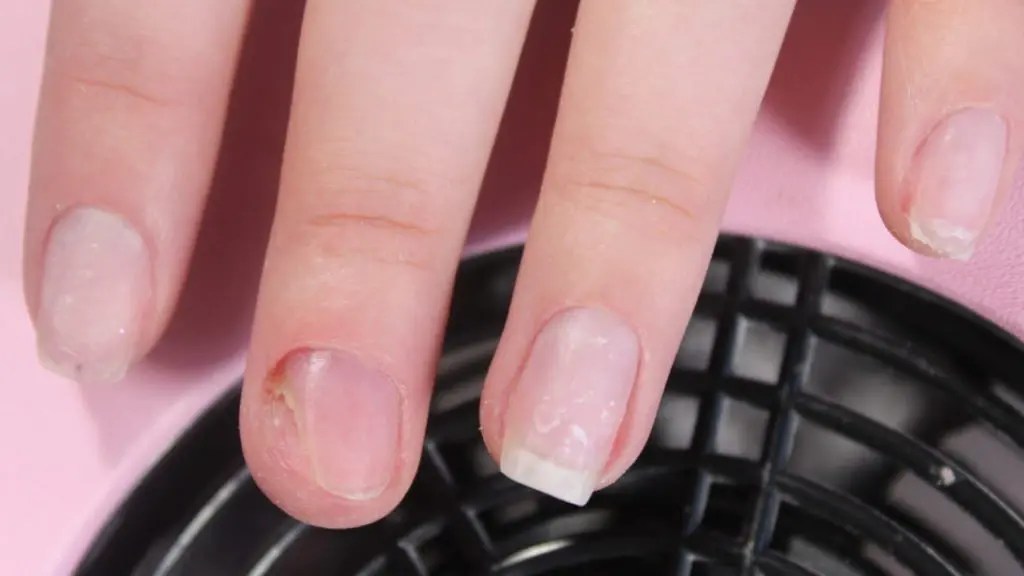Nail fungal infections are the most common diseases of the nails, making up about 50% of nail abnormalities. For this reason, every acrylic nail user must. If herpes simplex is the cause ( herpetic.
Pictures On Acrylic Nails Pointed Silver Pointed
How To Get Gel Acrylic Nails Off Without Acetone Remove Nail Polish With And Acene Diy Ways
Is Acrylic Paint Bad For Your Nails Can You Use As Nail Polh? Safe Or Toxic?
10 Causes Of Fungal Nail Infection! By Skinovate Laser & Cosmetic
But here’s how you can reduce your risk of those side effects.
Fungal infections are a common complication of acrylic nails.
Because the nail breaks the skin, it frequently causes infections, including paronychia. Acute paronychia develops rapidly over a few hours, and usually affects a single nail fold. Are there home remedies for a nail bed infection? They are usually caused by moisture trapped under your nails that leads to excessive fungi growth.
Paronychia is a type of nail infection, most commonly caused by the bacteria called staphylococcus aureus, which affects the skin around the nail (called nail folds). Learn about the causes, symptoms, and treatments for common nail diseases here. Symptoms are pain, redness and swelling. Common nail diseases include nail psoriasis, fungal infections, paronychia, and more.

Fungal nail infections make up the majority of all nail disease (over 50%).
Acrylic nails are a popular option for people who want longer nails and to play around with different nail art. View pictures of fungal nail infections (onychomycosis) in the image gallery below. Images below show various presentations. It can affect fingernails or toenails.
More intense nail discoloration and thickening. Wearing acrylic nails that trap moisture may promote fungal nail infection. Symptoms can include the nail being soft, crumbly, discoloured or thicker than usual. They’re quite common, affecting up to 14%.

A fungal nail infection occurs from the overgrowth of fungi in, under, or on the nail.
Acrylic nail damage can include fungal infections, allergic reactions and weakened nails. Nail fungus is a common infection of the nail. Paronychia is nail inflammation that may result from trauma, irritation or infection. A fungal nail infection occurs when a fungus attacks a fingernail, a toenail, or the skin under the nail, called the nail bed.
Toenail fungus, also called onychomycosis or tinea unguium , is a fungal infection that can change the appearance of your toenails. Paronychia can develop when bacteria enter broken skin. How is a nail infection (paronychia) diagnosed? In the moderate stage, you might notice:

Ingrown toenails may result from:
Medications include terbinafine (lamisil), griseofulvin, fluconazole, etc. A bacterial infection common in people who frequently have their hands in water; In some cases, yellow spots can appear at the base of the nail as the infection spreads upwards. Fungi thrive in warm, moist environments, so this type of environment can cause them to.
Medical conditions that impede blood flow or depress immunity may increase the risk of fungal. Fungal nail infections usually affect toenails, but you can get them on your fingernails too. A recent pubmed study shows that among 68 women reporting nail concerns after removing acrylic nails, 67% were fungal infections. Both fingernails and toenails are susceptible to infection, which.






